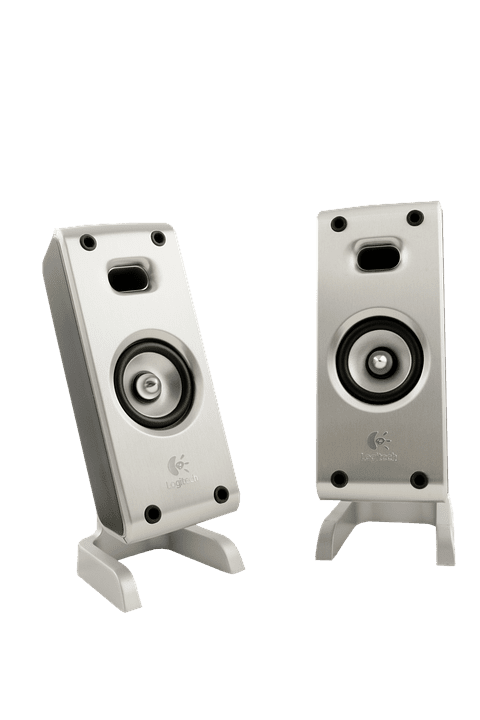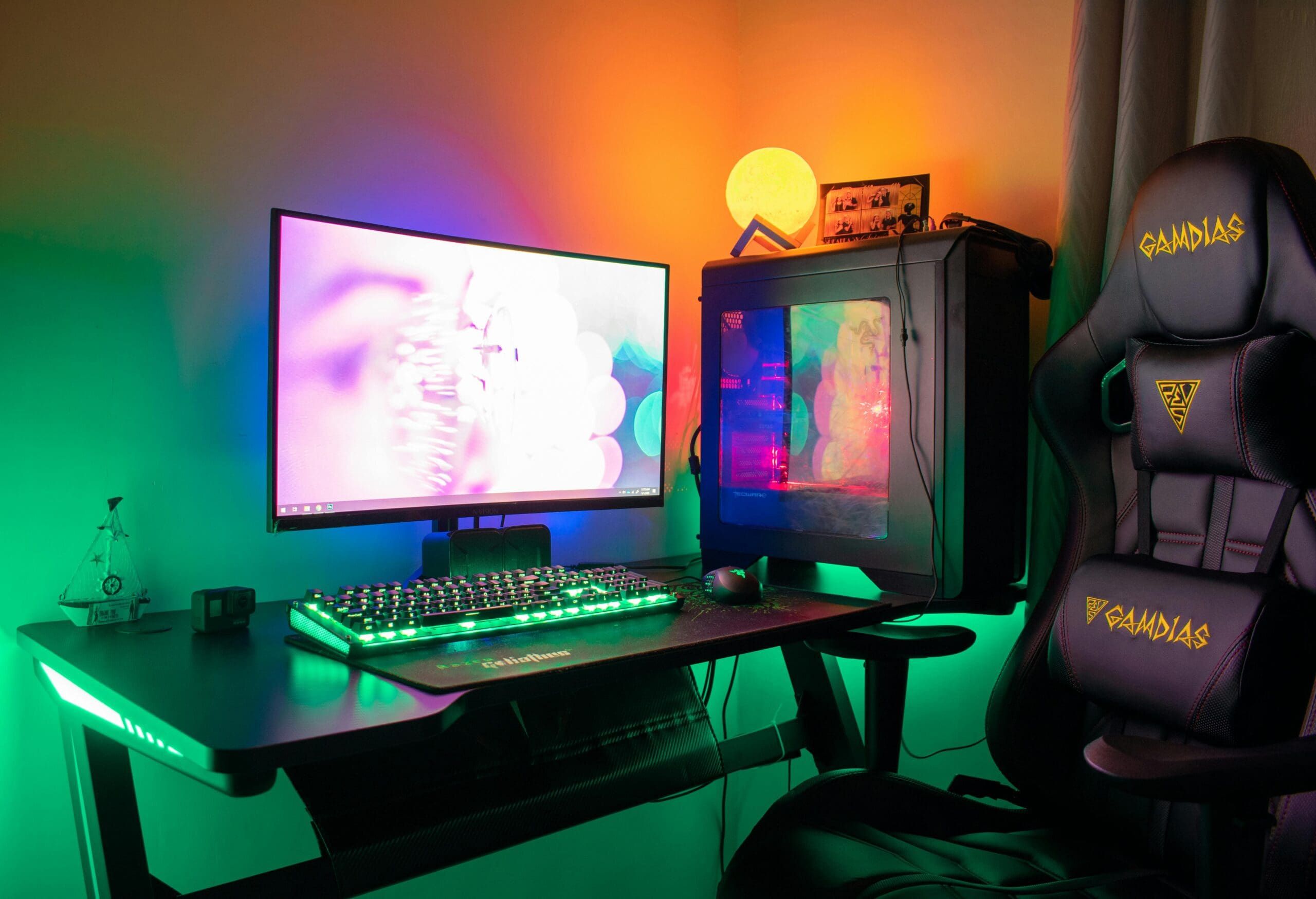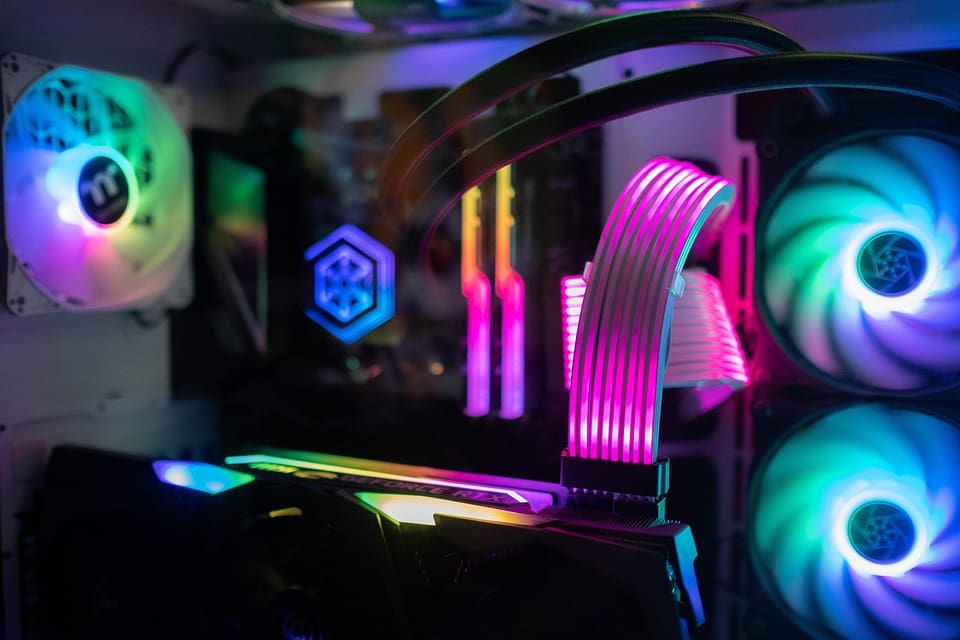Introduction
Gaming PCs have become the go-to choice for gamers who want a customizable and powerful gaming experience. However, with great power comes great responsibility, as gaming PCs require proper setup, optimization, and maintenance to perform at their best. In this guide, we’ll cover essential tips and tricks to help users maximize their gaming experience by mastering the art of troubleshooting and fixing gaming PC issues.
Why This Topic Matters
Understanding how to troubleshoot and fix gaming PC issues is crucial for PC gamers and builders. Poor setup or lack of knowledge can lead to performance issues, overheating, or hardware failures. Here’s why this topic is important:
- Performance Impact: Troubleshooting and fixing gaming PC issues can significantly impact FPS, load times, and overall system efficiency.
- Common Issues: Many gamers struggle with issues such as overheating, driver conflicts, and software glitches that can be resolved through troubleshooting techniques.
- Long-Term Benefits: By mastering the art of troubleshooting, users can prolong the longevity of their gaming PC and ensure a smoother gaming experience in the long run.
Step-by-Step Guide / Essential Tips
1. Check Hardware Connections:
One of the first steps in troubleshooting gaming PC issues is to check all hardware connections. Make sure that all components are properly connected to the motherboard, power supply, and peripherals. Loose connections can cause performance issues and system instability.
2. Update Drivers and Software:
Outdated drivers and software can often be the culprit behind gaming PC issues. Make sure to regularly update your graphics card drivers, motherboard drivers, and game software to ensure compatibility and optimal performance.
3. Monitor Temperatures:
Overheating is a common issue in gaming PCs that can lead to performance throttling and system crashes. Use monitoring software to keep an eye on your CPU and GPU temperatures and make sure that your cooling system is working effectively.
Common Mistakes to Avoid
- Ignoring Error Messages: Error messages are your PC’s way of communicating a problem. Ignoring them or dismissing them can lead to unresolved issues.
- Overclocking Without Proper Knowledge: Overclocking can boost performance, but doing it incorrectly can lead to instability and damage to your components.
- Not Backing Up Data: Before attempting any troubleshooting or fixes, always back up your important data to prevent data loss in case of a worst-case scenario.
Advanced Optimization Tips
For advanced users looking to take their troubleshooting skills to the next level, here are some additional tips for optimizing gaming PC performance:
- Undervolting your CPU for better efficiency.
- Customizing fan curves for optimal cooling performance.
- Using benchmarking software to test system stability and performance.
Final Thoughts
Mastering the art of troubleshooting and fixing gaming PC issues is essential for any PC gamer looking to optimize their gaming experience. By following the tips and techniques outlined in this guide, users can resolve common issues, improve system performance, and ensure a smoother gaming experience overall. Whether you’re a beginner or an experienced gamer, taking the time to troubleshoot and fix gaming PC issues will pay off in the long run.
💬 What has been your biggest challenge with troubleshooting and fixing gaming PC issues? Share your experiences and tips in the comments below!


